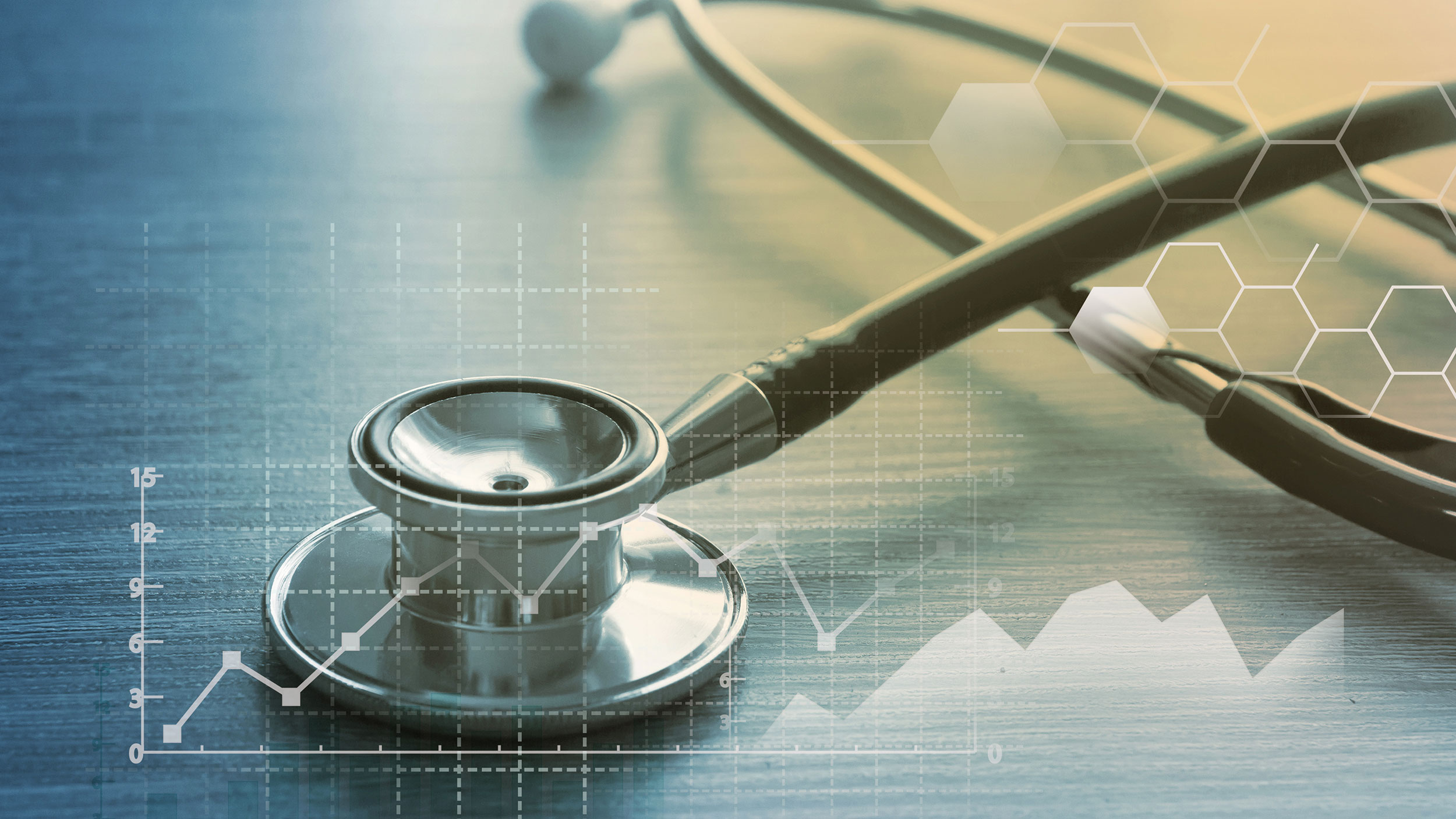
Using a Medical Monitoring Team to Overcome Challenges of COVID-19

In this post, Keven Griffith, global executive medical director, and Carols Fernando de Oliveira, global executive medical director, discuss how PPD’s pharmacovigilance team overcame challenges presented by COVID-19.
The COVID-19 pandemic is having a disorienting and disruptive impact on clinical trials throughout the world. Official government instructions, social distancing, travel restrictions, research site and laboratory closures, as well as increased clinical burden on investigators and research site staff have combined to produce unprecedented challenges in the drug development industry.
To meet these new challenges, PPD physicians in the Pharmacovigilance (PV) department are working with clients and sites to identify and understand the specific impacts COVID-19 has on a project. This group of physicians dedicated to supporting clinical trial activities are referred to as PPD’s medical monitoring team.
Through collaboration with sites, investigators and PPD’s operations teams, the medical monitoring group works to develop and execute a tailored response designed to emphasize patient safety while doing what is possible to keep subjects in clinical trials and avoid compromising the integrity of study data. This medical monitor group faces questions about central vs. local lab results, drug supply, alternative standard of care, screening evaluations and out of window visits. Actions taken to remediate these issues require close communication with the sponsors and an updated understanding of the evolving regulatory landscape. Tailored responses may include using local, instead of central, laboratory results, conducting site visits through telephone for adverse event collection, or supplying investigational product (IP) by delivery directly to the patient.
All this needs to be done with a constant eye on guidance from regulatory agencies on how they wish to see data and expect sponsors to adapt and analyze study endpoints and safety. These, as well as local and institutional guidelines, including those on subject privacy, make for an ever-evolving landscape.
A number of the situations encountered by the medical monitors are unique to all parties involved. The uncertainty created by these unique problems can drive long conversations between the medical monitors and the investigators, as those directly responsible for the patient’s safety are challenged to solve these complex problems. At other times, the medical monitors support investigators through the conflicting emotional burden they feel as they face the personal exposure risk for COVID-19 while working to support their patients who are enrolled in clinical trials.
The medical monitoring team also brings its therapeutic area expertise to helping sites and sponsors to determine how adverse events related to COVID-19 should be captured, whether IP should be interrupted, and if so, for how long, or possibly discontinued. Ultimately, these concerns come down to what the risk or benefit is for the patients in a particular study.
PPD physicians who perform medical review of individual case safety reports (ICSR) for marketed products, serious adverse events (SAEs) in clinical trials, and medical review of periodic reports and signal detection data are also very involved with COVID-19 related issues. PPD refers to this group as Medical Safety Evaluation and Risk Mitigation (M-SERM).
A top priority for government officials and the pharmaceutical industry is testing new therapeutic and prophylactic interventions in response to the pandemic. The M-SERM group is responding to this need by allocating resources and establishing parameters for safety data analysis on these studies, ensuring we can generate the scientific foundation for the risk-benefit analysis of each intervention. The group is also checking for real safety signals and potential confounders coming from COVID-19 cases, something that is expected to impact the marketed product safety data collection efforts, both now and for months to come.
PPD’s PV department is fully functional. ICSRs are currently being processed and medically reviewed without compromise to regulatory timelines. We are taking full advantage of being remote-capable, as our global presence enables us to coordinate our efforts to remain efficient and address the influx of medical questions and safety data adequately.